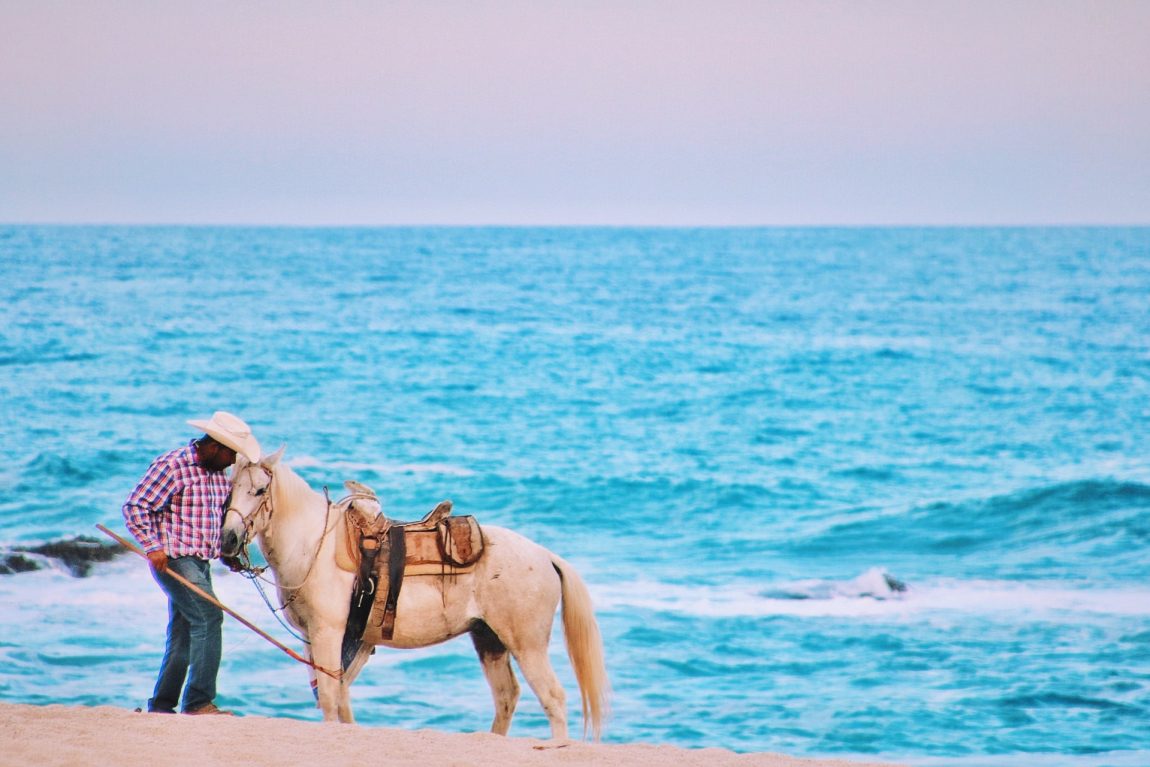
When COVID first impacted the hospitality industry in the U.S., I was getting ready to kick off a multi-city event that we had been planning for several months. It included partnering with several influencers and content creators, and networking with many more. My client and I were so excited to connect with everyone and meet new people with whom we could later partner. And though influencer marketing is not the business that I am in, nor how our agency makes money, we had worked hard to convince our client to allot a good chunk of their budget for influencer media.
But when COVID hit, so were budgets and with it any partnership or marketing outreach plans. Businesses who relied heavily on influencer media, both for their own marketing or as their livelihood, found themselves in dire straits. In a matter of weeks everything changed.
What was especially eye-opening for me was how many influencers who pushed a narrative of being professionals with an acumen not only in social media, but in business – and charged accordingly – suddenly and quickly found themselves at the brink of ruin. COVID exposed us to a lot of these truths and made us question so much.
And while influencers faced their own struggles, businesses had to figure out how to stay afloat when influencer marketing was not only not a priority, but also unattainable. No longer could we depend on others to tell or amplify our stories.
It was a nerve wracking period.
Then something really amazing started happening: neighbors came together. Businesses reached out to each other and created their own ways to reach their consumers, through live streams or virtual meet-ups. Business owners who had zero experience talking live on FB or Instagram, took the plunge, sometimes awkwardly, to save their small business and the jobs that depended on them.
Competitors came together – and worked together – to offer unique and new experiences. They created campaigns which they promoted themselves, that their neighbors’ helped endorse, support, and promote.
My agency never ran out of stories to share because so much of what we promoted was community based, and there was a lot happening.
Yes, some businesses didn’t make it. But these communities didn’t die. These destinations didn’t disappear or become irrelevant. They didn’t get lost in the abyss of an oversaturate travel media space. In fact, they got stronger. They got closer. They learned a lot about themselves, and also discovered new ways to operate and make it through this pandemic.
And now as many start working with travel influencers again, they are doing so in more empowered and informed ways. They are coming out of this better because of the work they invested in themselves and each other.
I believe in the potential of a good partnership with an influencer. I believe in the power of communications, whether it be through the work from an agency such as mine, or through new media, such as social channels, or through word of mouth and information from trusted voices, such as reputable influencers. Relying on feedback from people you trust and admire to help inform your purchases, your spending, and your travel is a practice as old as time.
But there is also this false narrative that it is influencers who will save travel. That it is influencers who will save these communities and their businesses. As the markets open up to influencers again, I am seeing too many people talking about how so and so destination should hire them because they could help them recover. There are influencers risking communities while talking about how lucky the country is to have them there – because, “followers”. Too often I read about how their (hosted) travel could help save a place/brand.
And to those people I say, relax.
I have seen the power of community and what they can do when in need and when they have only each other to rely on. And though influencer media complements a lot of their messaging and their goals, it is but a small part of the overall work done by a lot of people and funded by a massive industry, all of which make possible (and pays for) the role of the influencer.
I am also an influencer, a content creator, a member of the travel media space, a blogger – whatever you want to call it. I understand the responsibility and impact my presence and narrative can have on a business and a destination. It is why I work so hard to be better and learn more about the ways in which I share my travel experiences and the spaces I am welcomed into. But I am no savior. None of us are. The communities we visit deserve a lot more credit, and respect, than that.
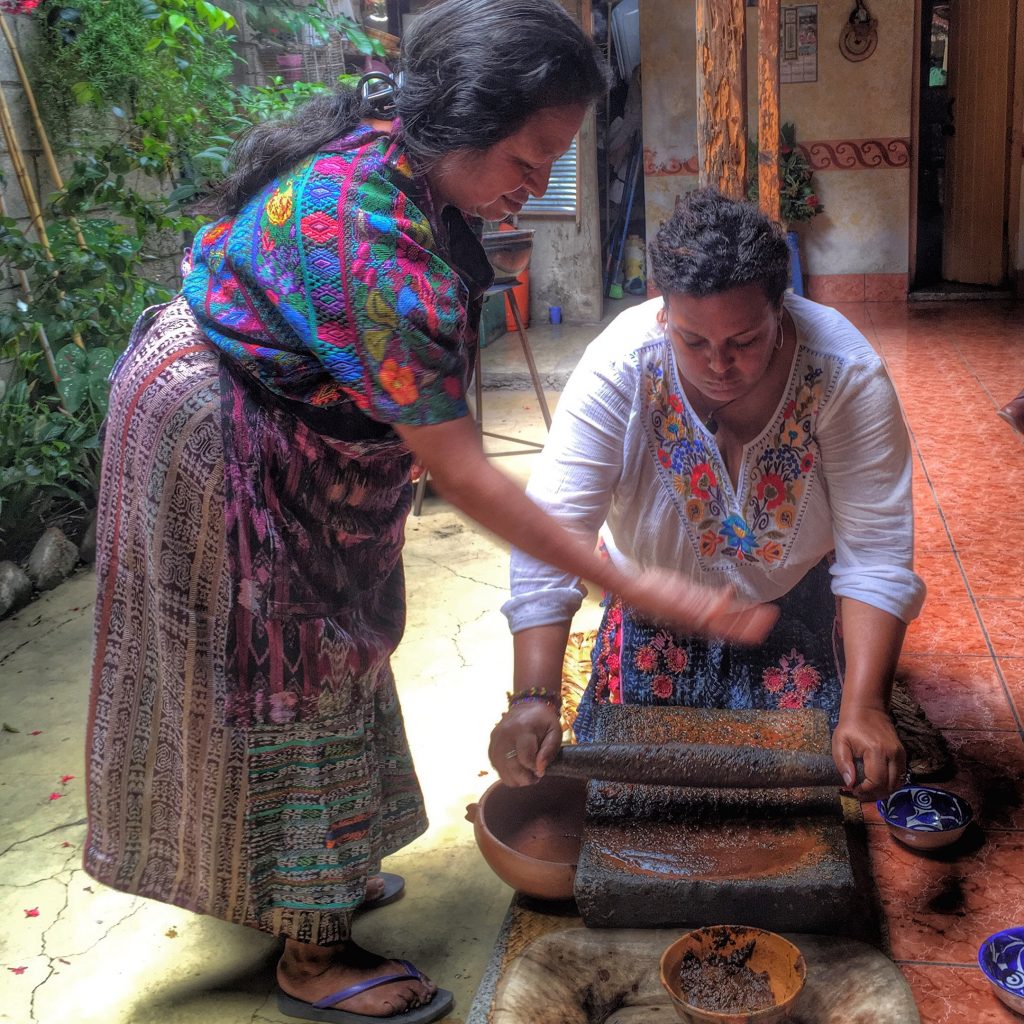
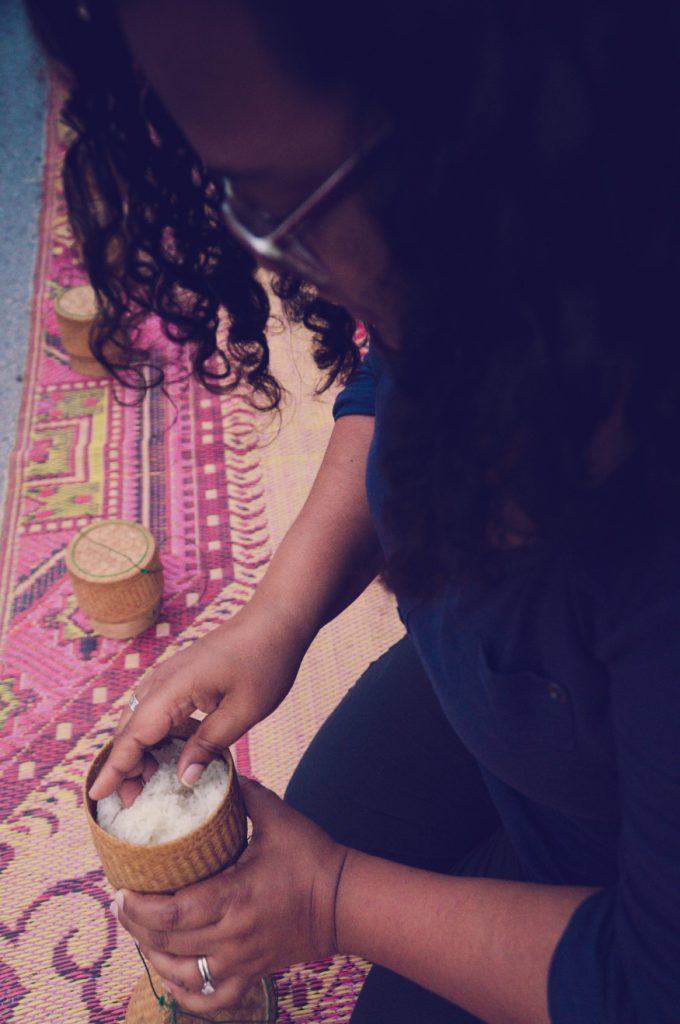
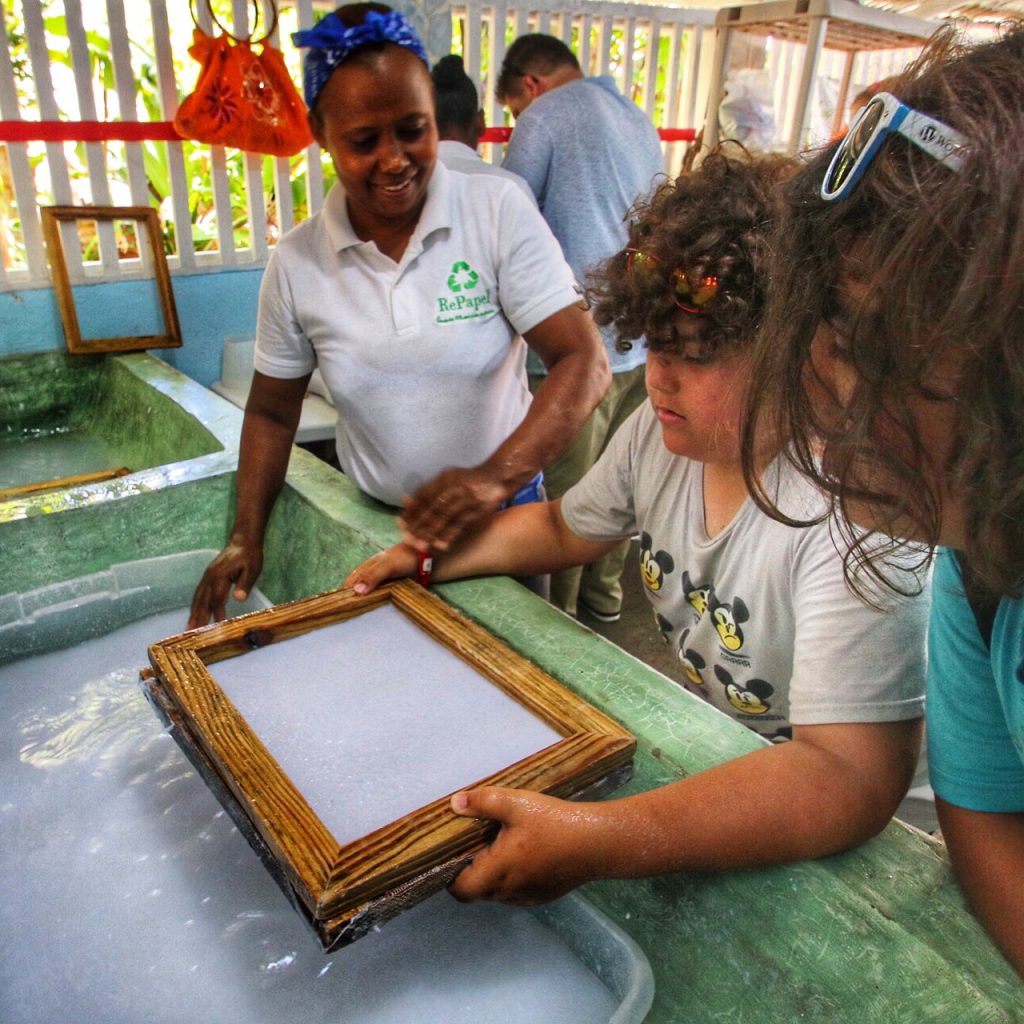
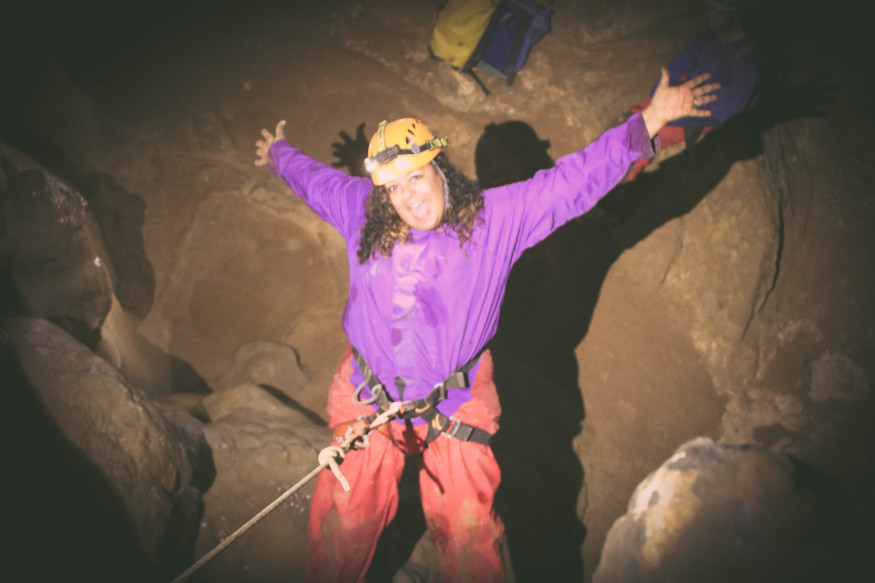
I think about all of the beautiful lessons and experiences the different people I have met in my travels have gifted me with. In many ways, they have saved me, not the other way around.
Putting an end to the savior narrative
Too many convince themselves that somehow our tourist money is what the “survival” of a people is dependent on. A less dramatic, and more realistic view point is that tourism money “supports” local economy, but then even over tourism and over promotion can destroy local resources and livelihood – the total opposite of survival. It is up to us, as travel media, to balance that too.
Sometimes our stories can lead to the gentrification of a destination. Places like Mexico, Thailand, Costa Rica, for example, are overrun by American and European immigrants – what people like to call expats, but really are just immigrants. These people overburden the local services and resources far more than they support or contribute to them. This isn’t saviorism. This is colonization.
So, please, let us remove from our mindset that our travels equal to the survival of anything. It is simple semantics of course, but it is semantics that feeds into a savior mentality that excuses a lot of awfulness in others. And the narcissism that so comfortably accompanies the savior narrative is ugly, harmful, and rampant.
The savior mentality is privileged, elitist, obtuse, and sadly, often riddled with racism. It is also arrogant and ignorant. The moment you find yourself feeling like your social media presence is responsible for the betterment of anything – stop. Then work on being better in yourself.
Instead, let’s support the places we visit. Let’s help amplify the businesses and their owners who provide travelers with good services and experiences, who contribute to the betterment of their communities and the environment. Let’s remember that every travel experience is a privilege and let’s hold humility close to our hearts and in our stories.
And brands and industry leaders, let’s stop rewarding and tolerating the bad actors, unethical behavior, and questionable personalities. It may seem that investing in them is a smart move. But every time we hire them, promote them, fail to properly vet, or pretend that the reputation that often precedes them is no big deal, you threatened the hard work of your communities, your clients, and make the entire industry look bad. And leave some of us questioning where you own ethics and moral compass lies.
Let’s work to use our influence to preserve and protect and respect, and remember that any success we achieve goes hand in hand with the hard work others have done and do to make any of it possible.


Natasha
Such a great post, thanks for sharing
caincarol
NatashaThank you! And thank you for reading!
Lori
If only all businesses and PR was as ethical as you. Great read as always. 🙂
caincarol
LoriThank you!
Nina | Lemons and Luggage
Wow! I just touched on this on my IG a few days ago, and now I came to your blog from another blog and found this!
Anyway, couldn’t agree more. And also people who are not influencers have been using this as the “reason” they’re traveling during a pandemic. But actually the little tourism that has happened during the pandemic hasn’t really helped much, and when you compare it with the risks people are exposed to because of tourism it really doesn’t make sense. And then if you really care so much, why don’t you donate instead of exposing communities you claim to care about to these dangers?
caincarol
Nina | Lemons and LuggageI am constantly in awe of influencers still pitching for hosted trips and then claiming they are on them to \”help the tourism industry\” when them paying for their own travel – or as you say, donating to those communities – would be far more impactful and helpful. Thanks for reading, completely agree.